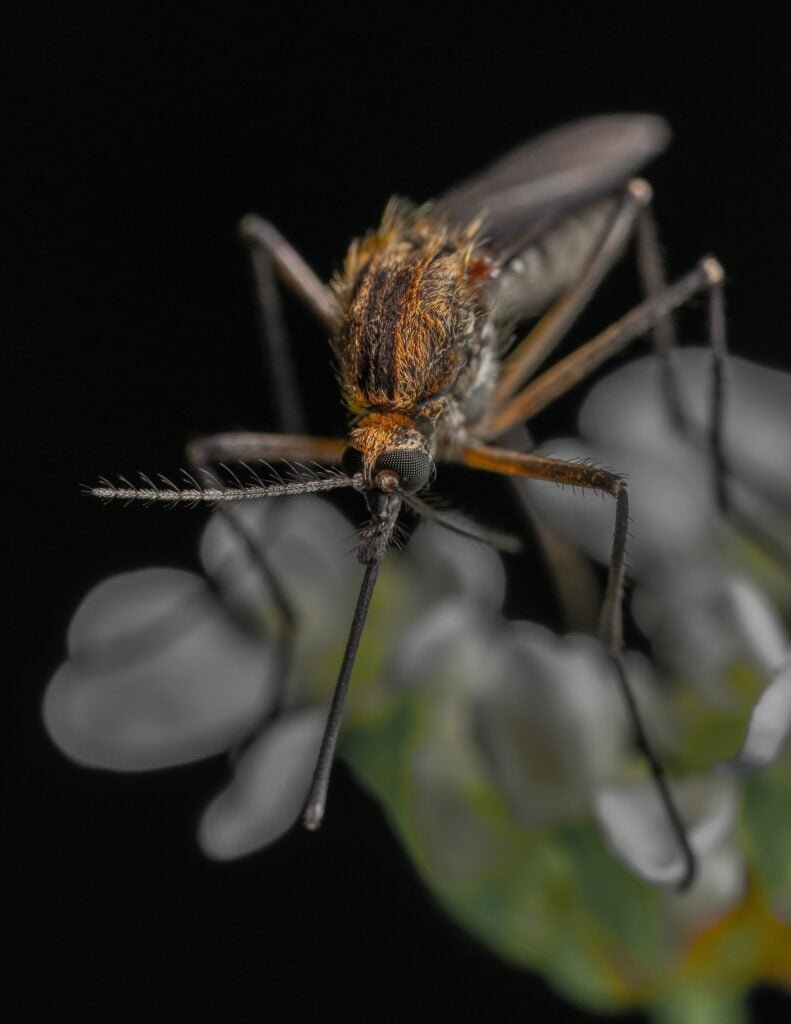In September 2023, India is currently facing a significant outbreak of dengue fever, a mosquito-borne viral disease that has been a growing concern in recent years. With the monsoon season in full swing, the conditions are ideal for the breeding of mosquitoes, specifically the Aedes aegypti mosquito, which transmits the dengue virus to humans.
The number of dengue cases has been on the rise, with several states reporting a surge in the number of infections. Densely populated urban areas are particularly vulnerable to the spread of the disease due to inadequate sanitation and limited access to clean water.
Dengue Fever: Symptoms and Risks Explained
The symptoms of dengue fever include high fever, severe headache, joint and muscle pain, rash, and, in some cases, bleeding. In severe cases, it can lead to dengue hemorrhagic fever or dengue shock syndrome, which can be life-threatening.
The Indian government, along with various health organizations, is taking proactive measures to control the outbreak. Efforts are being made to raise awareness about dengue prevention and to encourage individuals to take preventive measures, such as using mosquito repellents, wearing protective clothing, and eliminating breeding sites.
The timing couldn’t be more precarious, with the monsoon season in full swing. The humid and rain-soaked environment provides the ideal breeding grounds for mosquitoes, particularly the notorious Aedes aegypti mosquito, which serves as the primary vector for transmitting the dengue virus to humans.


As this outbreak unfolds, it underscores the urgency for communities, healthcare providers, and government agencies to come together. Vigilance is paramount, as early detection of dengue symptoms can make a significant difference in the treatment and containment of the virus. Moreover, preventative measures, such as eliminating stagnant water sources where mosquitoes breed and wearing protective clothing, become crucial during this time.
Collective Action and Vigilance
The situation serves as a stark reminder that combating mosquito-borne diseases like dengue requires a collective effort, emphasizing the need for robust public health campaigns, research, and investment in mosquito control programs. As India navigates this outbreak, staying informed and taking precautionary measures becomes paramount to safeguarding our communities and loved ones.
Additionally, authorities are conducting extensive mosquito control programs, including fogging and spraying insecticides in affected areas. Health facilities are also being equipped to handle the increasing number of dengue cases.
It is crucial for individuals to stay vigilant and take the necessary precautions to protect themselves from dengue. By preventing mosquito bites and eliminating mosquito breeding sites, we can collectively combat the spread of this disease.






